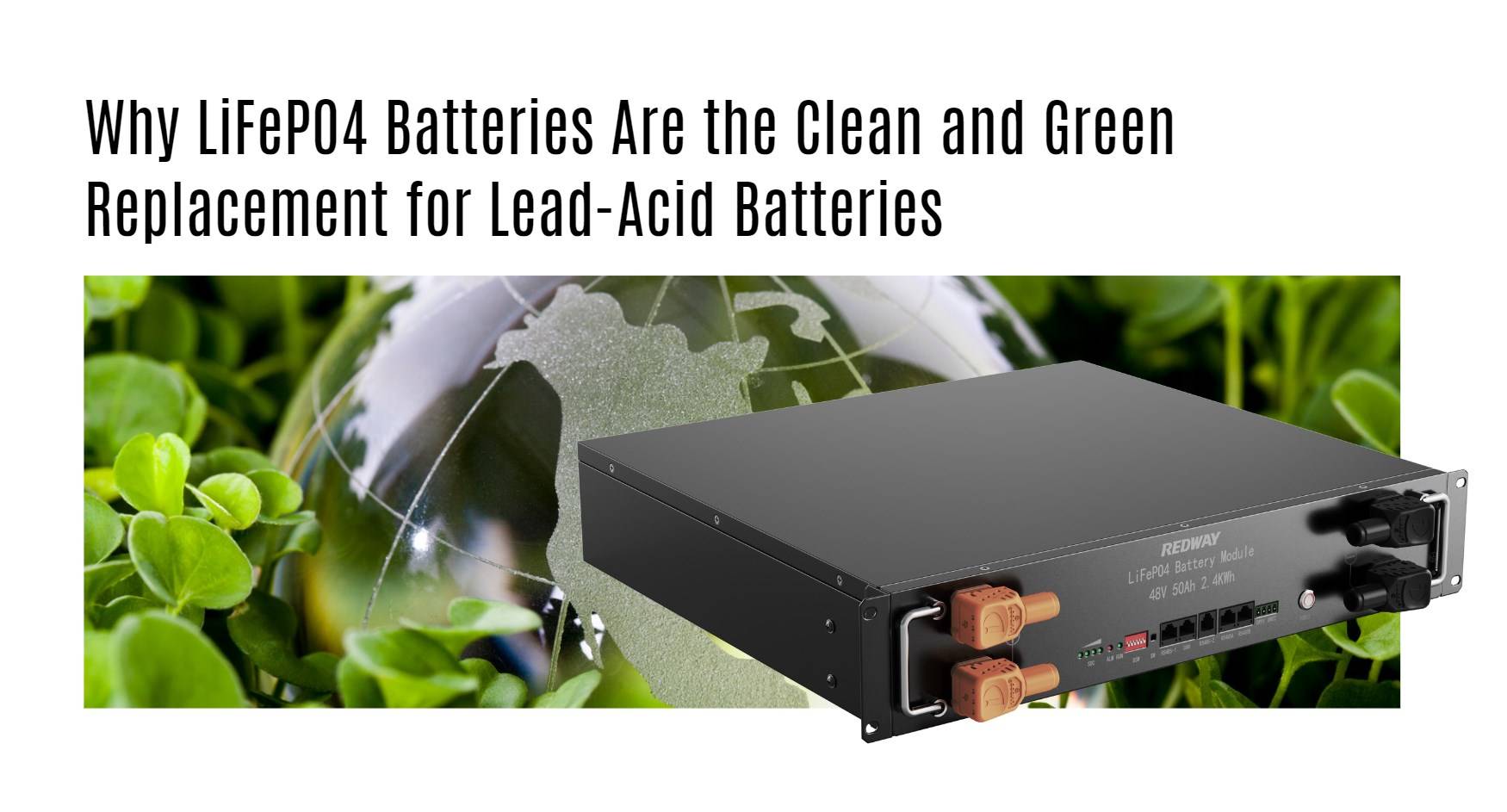LiFePO4 (Lithium Iron Phosphate) batteries are gaining recognition as a clean and green alternative to traditional lead-acid batteries. This article explores their benefits, environmental advantages, applications, and market trends, highlighting why they are poised to revolutionize energy storage.
What are the key benefits of LiFePO4 batteries?
LiFePO4 batteries offer several significant advantages:
- Safety: They have a stable chemical structure that reduces the risk of thermal runaway, making them safer than many lithium-ion alternatives.
- Longevity: With a cycle life ranging from 2,000 to 5,000 cycles, they significantly outlast lead-acid batteries.
- Energy Efficiency: They exhibit low self-discharge rates and high charge-discharge efficiency.
Chart: Key Benefits of LiFePO4 Batteries
| Benefit | Description |
|---|---|
| Safety | Lower risk of overheating |
| Longevity | Longer lifespan (up to 5,000 cycles) |
| Energy Efficiency | High charge-discharge efficiency |
How do LiFePO4 batteries compare to lead-acid batteries?
LiFePO4 batteries outperform lead-acid batteries in several areas:
- Energy Density: They provide higher energy density, which translates to more power in a smaller package.
- Weight: LiFePO4 batteries are lighter than lead-acid counterparts, making them ideal for applications where weight is a concern.
- Maintenance: They require less maintenance and have a longer operational life.
Chart: Comparison Between LiFePO4 and Lead-Acid Batteries
| Feature | LiFePO4 Batteries | Lead-Acid Batteries |
|---|---|---|
| Energy Density | Higher | Lower |
| Cycle Life | Up to 5,000 cycles | 300 – 500 cycles |
| Weight | Lighter | Heavier |
| Maintenance | Minimal | Regular maintenance required |
Why are LiFePO4 batteries considered environmentally friendly?
LiFePO4 batteries are made from abundant materials like iron and phosphate, which are less harmful to the environment compared to cobalt or nickel used in some lithium-ion batteries. Additionally, they do not contain toxic heavy metals or acids that can harm ecosystems. Their recyclability further enhances their environmental appeal.
What applications are best suited for LiFePO4 technology?
LiFePO4 batteries find applications across various sectors:
- Electric Vehicles (EVs): Their safety and longevity make them ideal for powering EVs.
- Renewable Energy Storage: They efficiently store energy generated from solar panels and wind turbines.
- Backup Power Systems: Used for reliable power during outages in homes and businesses.
Chart: Applications of LiFePO4 Batteries
| Application Type | Description |
|---|---|
| Electric Vehicles | High efficiency and longevity |
| Renewable Energy Storage | Reliable energy management |
| Backup Power Systems | Consistent power during outages |
How does the lifespan of LiFePO4 batteries impact sustainability?
The extended lifespan of LiFePO4 batteries translates into fewer replacements over time, reducing waste and resource consumption. This durability makes them a more sustainable choice compared to lead-acid batteries, which need to be replaced more frequently.
What are the cost implications of using LiFePO4 batteries?
While the initial cost of LiFePO4 batteries can be higher than that of lead-acid batteries, their longevity and reduced maintenance costs often result in lower total cost of ownership over time. As manufacturing technologies advance, prices for LiFePO4 batteries continue to decrease, making them increasingly competitive.



